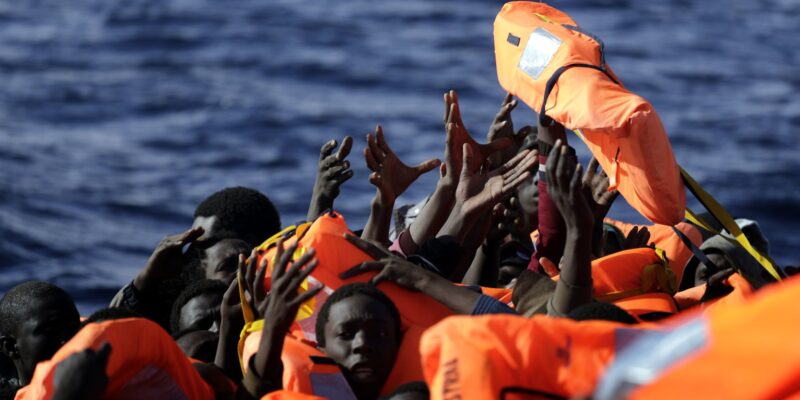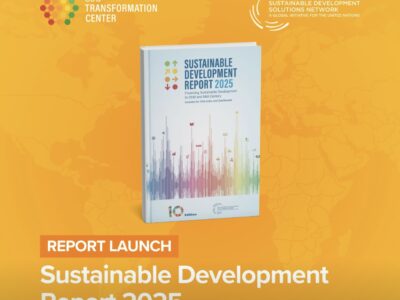In the quiet coastal towns of southern Spain, a grim challenge is unfolding. Morgues, typically accustomed to the steady rhythm of local deaths, are now grappling with an influx of unidentified bodies migrants who perished attempting to cross the treacherous waters of the Mediterranean. The sheer volume of these cases is pushing forensic teams to their limits, exposing both a humanitarian crisis and a bureaucratic nightmare.
The route from North Africa to Spain has long been a perilous journey for those fleeing war, poverty, or persecution. Small boats, often overcrowded and ill-equipped, set out from Morocco or Algeria, aiming for the promise of Europe. But for too many, the journey ends in tragedy. Currents carry their remains to Spain’s shores sometimes intact, often not leaving authorities with the daunting task of piecing together who they were.
In regions like Andalusia and the Canary Islands, morgue capacity has been stretched thin. Local officials report that refrigeration units are nearing full occupancy, and forensic pathologists are working overtime to process the backlog. Identification is the biggest hurdle. Many migrants carry no papers, their belongings lost to the sea. Fingerprints, when available, rarely match any database accessible to Spanish authorities. DNA testing, a costly and time-consuming process, is often the only hope, but it relies on families from distant countries coming forward with samples a logistical impossibility for many.
“It’s heartbreaking,” says María Delgado, a forensic anthropologist in Cádiz. “We have dozens of bodies, each one a person with a story, but we can’t give them a name or a proper burial.” Delgado’s team has resorted to cataloging physical traits tattoos, scars, clothing remnants in hopes that something might eventually connect a body to a grieving family. For now, most remain in limbo, stored in numbered drawers or, increasingly, temporary facilities.
The Spanish government has pledged additional funding to bolster forensic resources, but critics argue it’s a band-aid on a deeper wound. Migration to Spain has surged in recent years, with over 15,000 arrivals recorded in 2024 alone, according to the Interior Ministry. Fatalities have risen in tandem, with estimates suggesting hundreds die annually attempting the crossing. Aid organizations point to stricter border policies across Europe, which they say funnel desperate migrants toward riskier routes.
Local communities are feeling the strain too. In towns like Tarifa, where bodies frequently wash ashore, residents oscillate between compassion and frustration. “We want to help, but it’s overwhelming,” says Javier Moreno, a fisherman who has encountered remains during his daily hauls. “The government needs to do more not just here, but at the source.”
Forensic experts are also calling for international cooperation. “This isn’t just Spain’s problem,” Delgado notes. “These are people from Mali, Senegal, Syria countries that need to be part of the solution.” Proposals include a shared Mediterranean database for missing persons or EU-wide support for identification efforts. Yet political will remains patchy, with migration a lightning rod in European politics.
As spring warms the waters, more boats are expected to depart, and with them, more lives may be lost. In Spain’s morgues, the unnamed dead pile up a silent testament to a crisis that shows no sign of abating. For now, the search for identities continues, one body at a time, as the system strains under the weight of the unknown.










